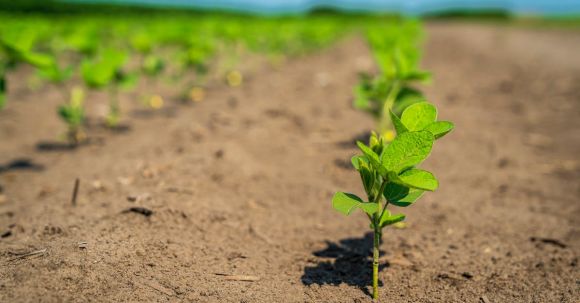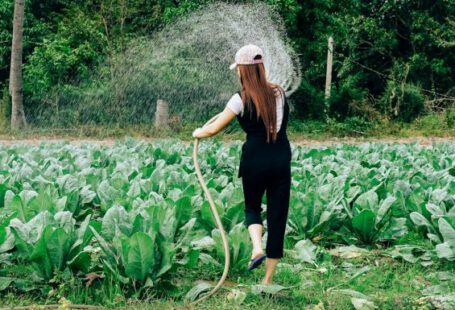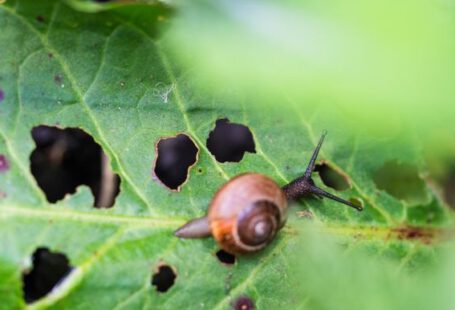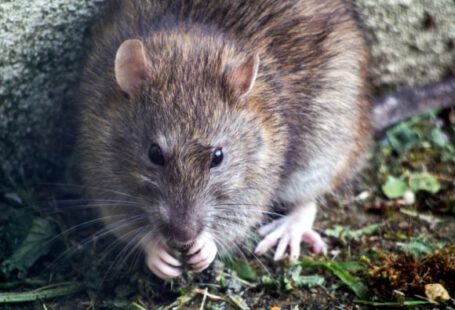Soil fertility is crucial for successful gardening and agriculture. Healthy soil ensures that plants receive the necessary nutrients, water, and oxygen to grow and thrive. While there are synthetic fertilizers available, many people are turning to natural methods to improve soil fertility. These natural methods not only enhance soil health but also promote environmental sustainability. In this article, we will explore several techniques to improve soil fertility naturally.
1. Composting: The Magic of Organic Matter
Composting is a simple and effective way to improve soil fertility. It involves collecting organic waste, such as kitchen scraps, yard trimmings, and fallen leaves, and allowing them to decompose into nutrient-rich compost. Compost is a natural fertilizer that enriches the soil with essential nutrients, improves its structure, and enhances its ability to retain moisture. Start a compost pile or use a compost bin to recycle organic waste and create your own nutrient-packed compost.
2. Cover Cropping: Nature’s Blanket for the Soil
Cover cropping involves planting specific crops during periods when the main crop is not growing. These cover crops help protect the soil from erosion, suppress weeds, and add organic matter when they are eventually turned into the soil. Legumes, such as clover and vetch, are particularly beneficial as they fix nitrogen from the air into the soil, enriching it naturally. Consider incorporating cover cropping into your gardening routine to improve soil fertility.
3. Crop Rotation: Breaking the Monotony
Crop rotation is a farming technique where different crops are grown in a specific sequence over a defined period. This practice helps break the cycle of pests and diseases that can build up when the same crop is grown repeatedly. Additionally, different crops have varying nutrient requirements, and by rotating them, you can prevent nutrient depletion in the soil. Plan a crop rotation schedule that suits your growing conditions and experiment with different crops each season.
4. Mulching: The Protective Shield
Mulching involves covering the soil surface with organic materials, such as straw, leaves, or grass clippings. This protective layer acts as a shield, preventing weed growth, retaining moisture, and maintaining a consistent temperature. As the mulch breaks down, it adds organic matter to the soil, improving its structure and fertility. Mulching is particularly beneficial in arid regions where water conservation is essential.
5. Vermicomposting: Earthworms to the Rescue
Vermicomposting is a method of composting that involves the use of earthworms. These amazing creatures consume organic waste and produce nutrient-rich worm castings, also known as vermicompost. Vermicompost is highly beneficial for plants, providing a balanced mix of essential nutrients and beneficial microorganisms. You can create a vermicomposting system at home using a worm bin and kitchen scraps. Let the worms work their magic and watch your soil fertility soar.
6. Green Manure: Nature’s Nitrogen Boost
Green manure refers to specific crops that are grown and then plowed into the soil to improve its fertility. These crops, including legumes like alfalfa and clover, fix nitrogen from the air and release it into the soil. Nitrogen is an essential nutrient for plant growth, and green manure helps replenish it naturally. By incorporating green manure into your gardening practices, you can reduce the need for synthetic nitrogen fertilizers.
In conclusion, improving soil fertility naturally is not only beneficial for your plants but also for the environment. By utilizing techniques such as composting, cover cropping, crop rotation, mulching, vermicomposting, and green manure, you can enhance the health and productivity of your soil. These methods not only provide essential nutrients but also improve soil structure, water retention, and overall plant growth. Embrace these natural approaches and watch your garden thrive.





